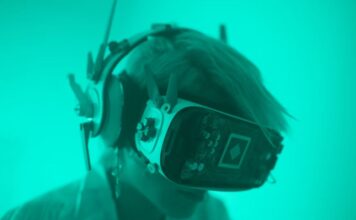A few days ago, many foreign media reported that a well-known Russian space base had been equipped with a land-based laser system code-named “Kalina”, which was used to interfere with other countries’ spy satellites orbiting the earth.
The idea is very simple: use lasers Hit the satellite photosensitive area, make the photosensitive element dazzled or even permanently blind. Recently, some experts explained related technologies.
According to “The Space Review”, “Forbes” and other media reports, U.S. intelligence agencies have been collecting anti-satellite weapons development of the Russian military for years, and strong evidence shows that Russia’s Krona Space Object Recognition Station (Krona Space Object Recognition Station) is Building a new ground-based laser facility, code-named “Kalina,” is like shining a powerful flashlight into space, dazzling or permanently blinding satellites passing overhead, and other optical systems that only temporarily blind Significantly different.
Directing laser light from the ground to space is not a new technology. Depending on the photon intensity and wavelength, directed energy beams can heat, vaporize, melt or even burn through the target material.
However, in order to achieve the purpose of destroying the target satellite, the laser power, the distance to the target, and the beam focusing ability are all important factors that determine the effect. Very far, and the laser beam has to penetrate the Earth’s atmosphere, it is no easy task.
“Scitech daily” reported that the Kalina anti-satellite weapon system uses a telescope several meters in diameter to focus beams to generate laser pulses in the infrared band, generating about 1,000 joules of energy per square centimeter, which can blind high-altitude spy satellites and shield satellites. Internal optical sensors gather intelligence and cover an area of 100,000 square kilometers.
Although there is no evidence that Russia’s anti-satellite weapon system has been successfully used, with the development of technology and the continuous increase of laser power, the country’s anti-satellite weapon system is on the way to permanently damage the satellite photosensitive element, in addition to attacking the photosensitive area, Lasers can also be aimed at the satellite’s propellant tanks and power system, completely paralyzing the probe.
Such a major act of aggression would lead to a rapid escalation of international tensions, but it is unknown whether Russia would care about the consequences.
First Image source: Unsplash




